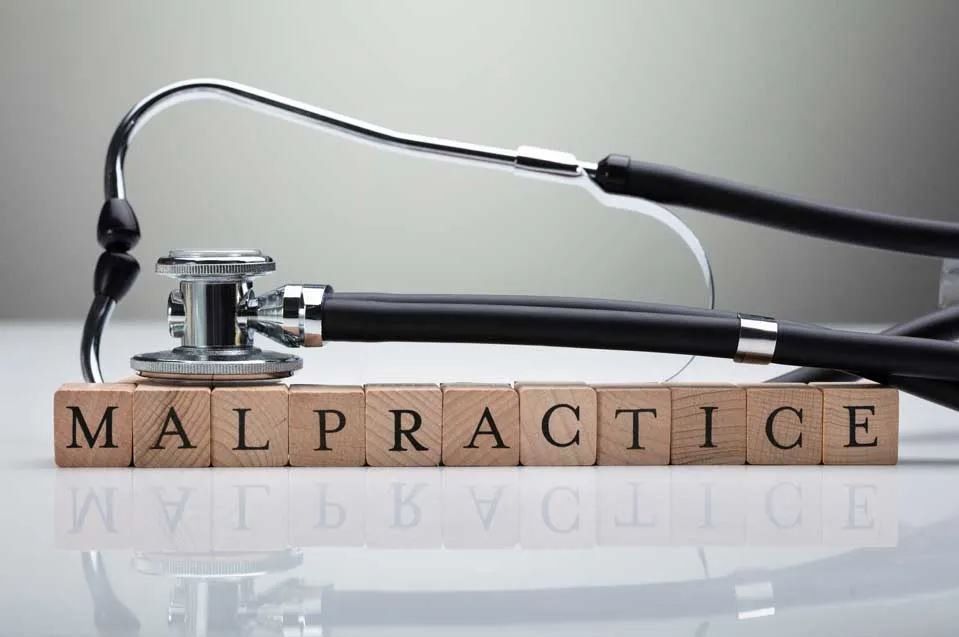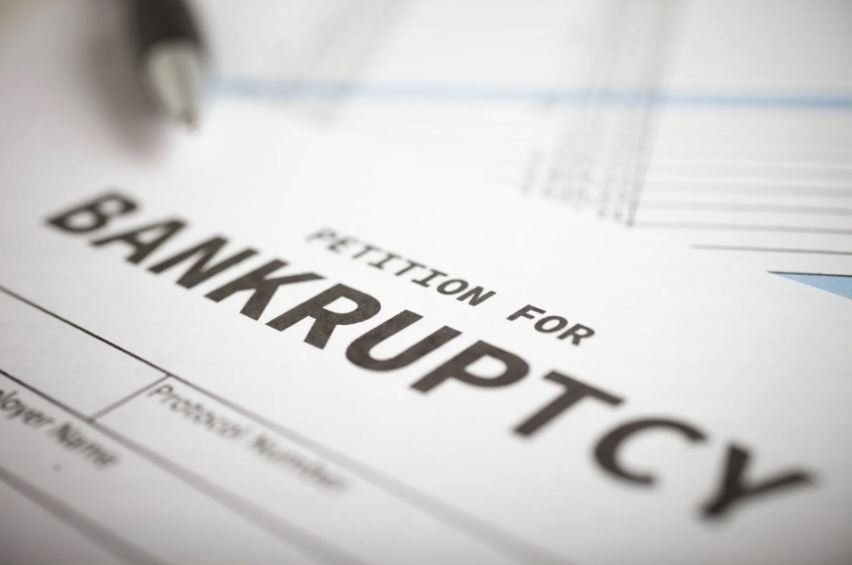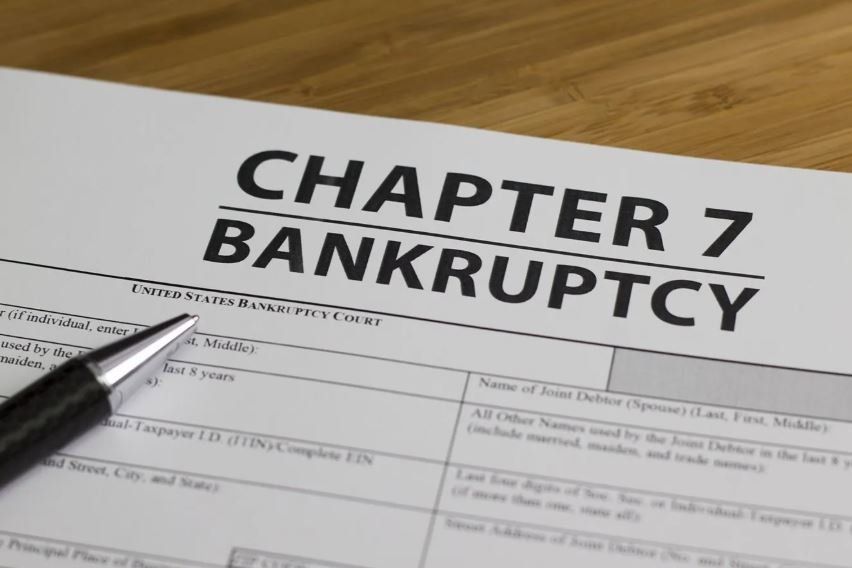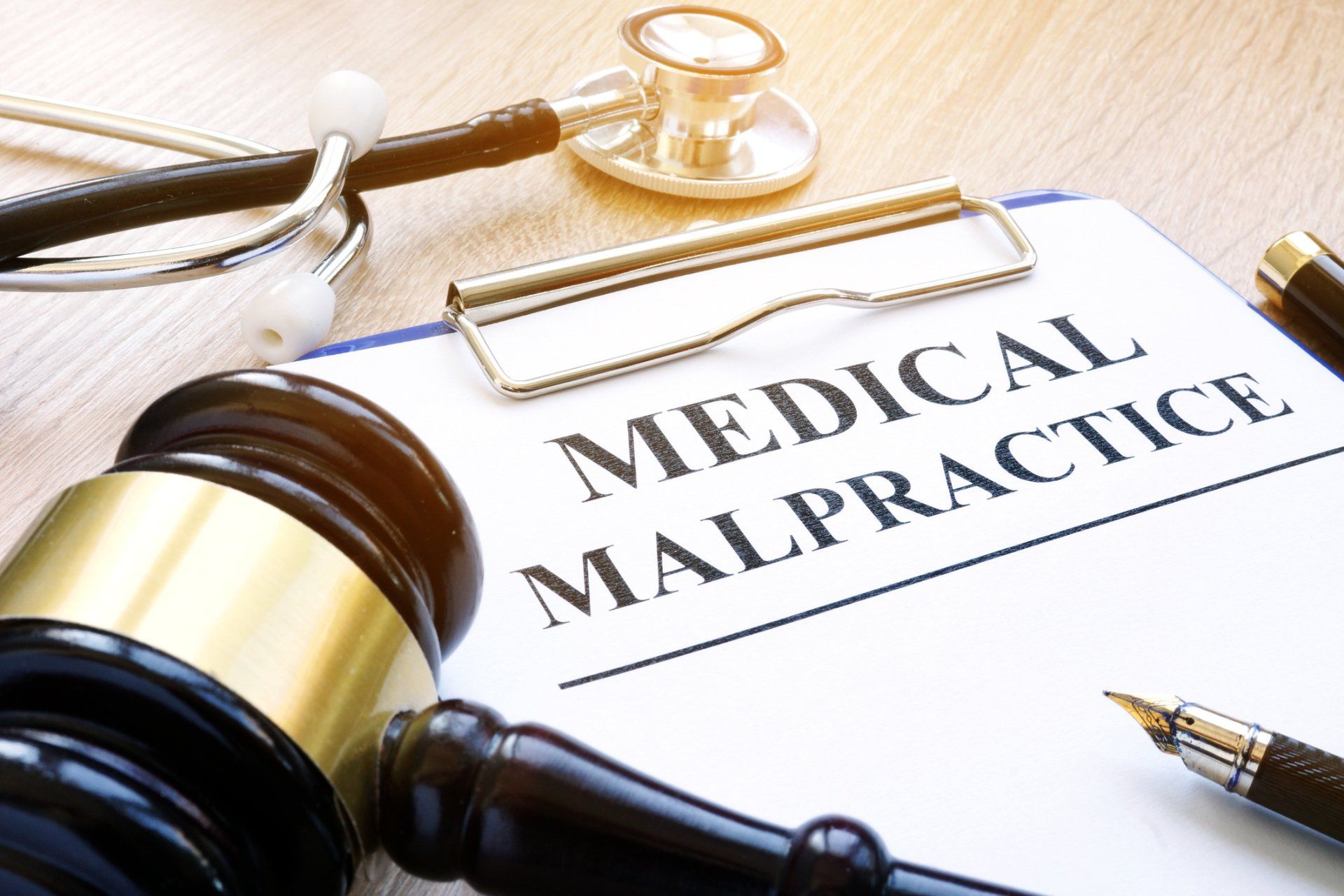Should You File a Medications Lawsuit?
Admin • September 11, 2019
When most people think of medication, they think of it as something designed to help people. Unfortunately, however, some medications end up doing more harm than good.
Medications might provide dangerous side effects that you were not made aware of. Or, they might cause negative interactions with other medications that you take. Sometimes, a physician may simply provide a wrong medication for your condition or a medication that is dangerous for you specifically.
Whatever the case may be, if you've encountered harm due to a medication you took, you may want to consider filing a lawsuit. The key, though, is to know when that's appropriate and what the right type of lawsuit is in your particular circumstance.
Marketing Mistakes
Try and think back to any marketing related to your medication that you saw. In particular, think of marketing that made you want to use the medication in question or that led you to believe it was safe.
If you can prove, with the help of a qualified lawyer, that the medication was marketed in a purposefully misleading way or that inadequate information about the drug or how it was to be taken was given, you might just have a shot at winning a medication lawsuit.
Unsafe Ingredients
Perhaps your case is a little different. Maybe you took a particular medication for years, only to one day get a bad batch of the medication that caused health problems or negative side effects.
Believe it or not, this happens more often than you might think. If you have reason to believe that the medication you took was tainted, tampered with, or included unsafe ingredients not included on the ingredient list, you have a good chance of winning a lawsuit.
Unfortunately, cases like this can be hard to prove, which is why you should seek the advice of a qualified attorney.
Excessive Side Effects
Most medications will let you know if there are potential side effects from taking their product.
However, in extreme cases, if the side effects severely outweigh the benefits, you may have a valid lawsuit. This is due to the fact that the medication was poorly designed, or the manufacturer did not consider that the risks might be overly extreme.
If the medication, for example, causes side effects that are permanent or very long lasting, or if it manages to worsen your condition or cause a new condition, you could present these damages and losses to the court.
No one takes medication hoping to get worse in terms of their health and wellbeing. So, if that happens to you, you may want to go to court.
Easy Addiction
Did you find that you became addicted to a medication you took? Perhaps you started taking it as prescribed, built up a tolerance, took more to get the desired effect, and then found yourself addicted. Or, maybe you didn't realize the medication contained a highly addictive ingredient, which is not a fact pharmaceutical companies often advertise.
If you wanted to take medication but ended up with an addiction instead, you might be able to file a claim, especially if the company was misleading or secretive about the potential addictive nature of its product.
Wrongful Prescriptions
Sometimes people will wish to file a medication lawsuit after being prescribed the wrong medication or dosage by a physician. They might also want to file if their physician provided them with a medication they were allergic to or that was not safe to take with other medications they were on.
In these cases, you may still have a case, but it's likely against the medical professional, not against the product.
In any event, if you think you have a lawsuit on your hands, be sure to contact the legal pros at William C. Poole, LLC.
Malpractice during pregnancy can be devastating. William C. Poole helps families seek justice and understand their legal options. Contact us today for compassionate guidance and dedicated support.
William C. Poole clarifies the legal eviction rules for landlords and tenants. We’re committed to helping you navigate your legal challenges—reach out today.
Worried about investments during bankruptcy? William C. Poole explains your options and helps you protect what matters most. Get clear answers and trusted legal guidance—call today.






